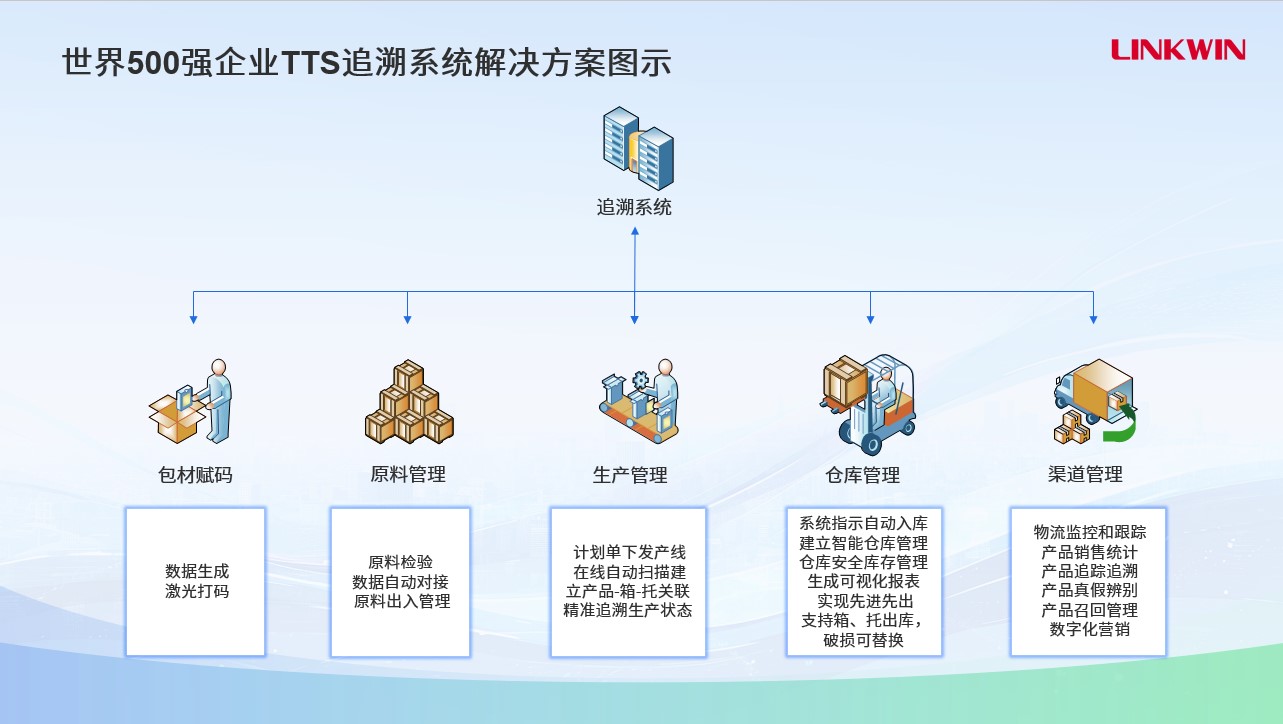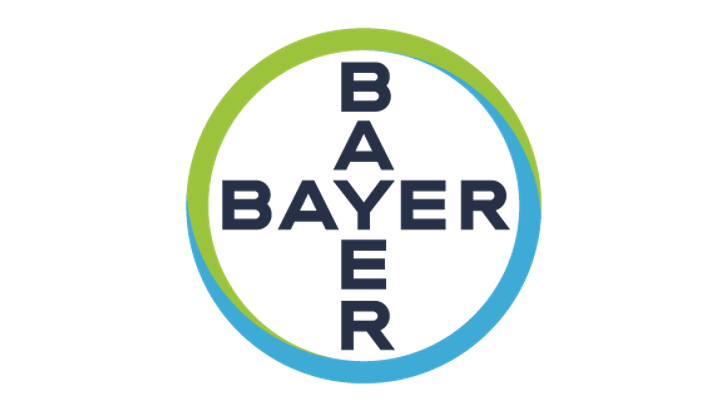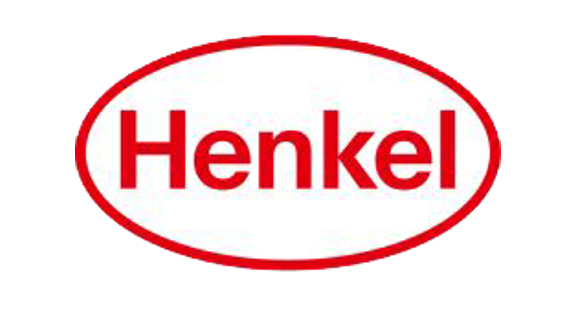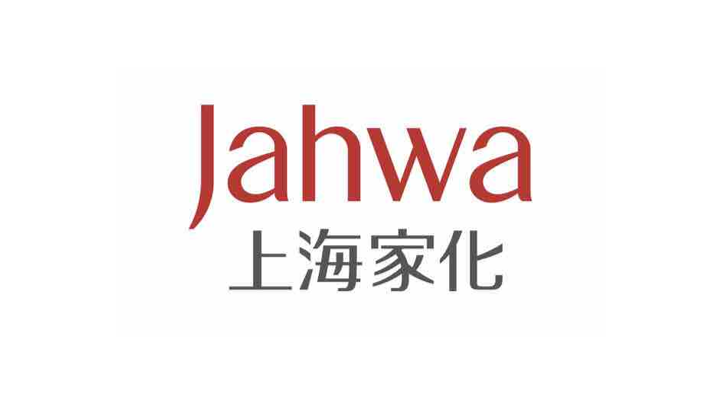Introduction:
Introduction: Over the past 20 years since its establishment, LINKWIN LY Technology has partnered with numerous Fortune 500 companies to jointly explore the boundless possibilities of digital transformation. LY Technology will regularly share a series of case studies, covering cooperation enterprise profiles, solution overviews, project application values, industry insights, and forecasts. (Estimated reading time for this article: 5 minutes).
Cooperation Enterprise Overview
This enterprise is one of the largest grain and oil food companies in China, and also a leading diversified product and service provider in the agricultural products and food sectors. Leveraging continuously renewable natural resources, it provides nutritious and healthy food, high-quality living spaces, and lifestyle services to humanity, contributing to the abundance of people's lives and the prosperity and stability of society.
In the face of the development trend of world economic integration, it continuously strengthens extensive cooperation with global business partners in various fields such as agricultural products, grain and oil foods, tomatoes and fruits, beverages, wine, sugar, feed, meat, and biomass energy. With its excellent business performance, this enterprise consistently ranks among the Fortune Global 500 list compiled by Fortune magazine.
Solution Overview

Enterprise Objectives:
Responding to Policy Requirements for Traceability Systems: Production enterprises must truthfully record information such as material sources, processing procedures, product destinations, and quantities, ensuring that the records are authentic, reliable, and that all links can be effectively traced. Based on actual production conditions and the need to ensure the quality and safety of edible vegetable oils, production enterprises can appropriately adjust or add record content.
Simplifying Production Processes and Optimizing Supply Chain Efficiency: Streamlining the operational processes in factories, main warehouses, and transit warehouses, optimizing the efficiency of production, warehousing, and transfer processes, and enhancing efficiency through digital production.
Real-time Data Collection, Recording, and Analysis to Aid Decision-making: Real-time updating of incoming and outgoing inventory, in-transit, and stock data, with the automatic generation of visual, graphical, and multi-dimensional data analysis reports.
Brief Overview of Digital Supply Chain Functions

Cooperation Content:
Cooperation Highlights:
The solution establishes a food safety traceability system, enabling food producers and operators to collect and retain production and operation information using information technology. It integrates the Internet of Things (IoT) with automated production equipment, leveraging IoT and wireless or wired communication methods to connect devices and achieve real-time digital traceability and quality management of products. This enhances production efficiency and business performance.Project Application Value
In Terms of Tracking and Traceability:
Enhanced Food Safety: By utilizing a digital tracking system, every stage of the product's journey from raw material procurement to consumer delivery is recorded and monitored in real-time, ensuring food safety and enabling timely issue detection and resolution.
Increased Transparency in Product Flow: Consumers can access product information, such as through scanning QR codes, enhancing their trust and loyalty towards the brand.
In Channel Management:
Optimized Channel Efficiency: A digital channel management system generates real-time sales data visualizations for various channels, empowering enterprises to swiftly adjust their sales strategies and improve market responsiveness.
Data-Driven Decision Making: By analyzing sales data and market trends, enterprises can formulate more precise marketing plans and inventory management strategies, leading to reduced operational costs.
Integration with Warehouse Management Systems:
Improved Inventory Management Efficiency: Enables real-time monitoring and intelligent management of inventory, minimizing human errors and enhancing cargo turnover rates.
Reduced Operational Costs: By optimizing warehouse processes and resource allocation, enterprises can lower warehousing costs, enhance logistics efficiency, and boost overall operational performance, thereby achieving comprehensive value enhancement.
Strengthening Consumer Confidence:
Consumers can query the production, processing, inspection, and other information of food products through the traceability system, gaining insights into food safety conditions and thereby fostering greater confidence in food safety.

















